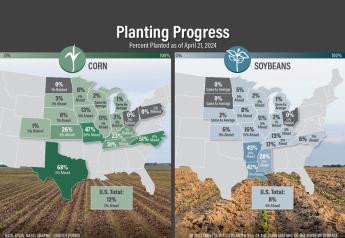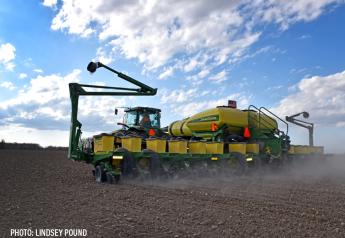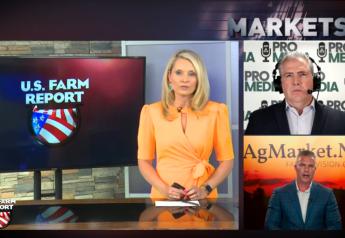Multi-Year Ag Recession Makes 2019 Operating Loans Tough

Bankers across the country have indicated operating loans will be harder to secure in for 2019. Why is that? Well, a multi-year stretch of poor prices is driving balance sheet issues that lead to loan denials says Sam Miller of BMO Harris Bank.
“Here's the issue. You can handle a bad year. You can handle a short cash flow year but when they start stacking on top of each other, your working capital and your equity position play a really outsized part in your credit availability in the future,” he explains. “Because 2016 wasn't all that good and 2017 wasn't very good. In 2017 half of our portfolio was above break even and half was below it, and ‘18 has been brutal.”
According to Miller, regardless of sector, farmers are struggling, and their balance sheets are the evidence.
“If you look at the USDA estimates for various sectors and regions of the country, there's not one of them that is expected to do better in 2018 than they did in 2017,” he says. “The dairy sectors are the worst performing.”
More loans will be denied for 2019, Miller says adding dairy farmers typically have a better chance at securing operating lines of credit than other farmers.
“Dairy farmers have cash flow and they typically have better long-term assets,” he says. “They just have stronger balance sheets, generally, although working capital weaknesses is a becoming a challenge.”
Farmers are self-selecting, Miller adds. What does he mean by that? Most of the time a farmer exits the business before the bank says they have to.
“Wisconsin has lost 400 more farms, right? What have cow numbers done?” Miller questions. “Those cows just changed address. For the most part [those farm exits are] not bankers putting people out, it’s the farmer saying I can't do this anymore.”







